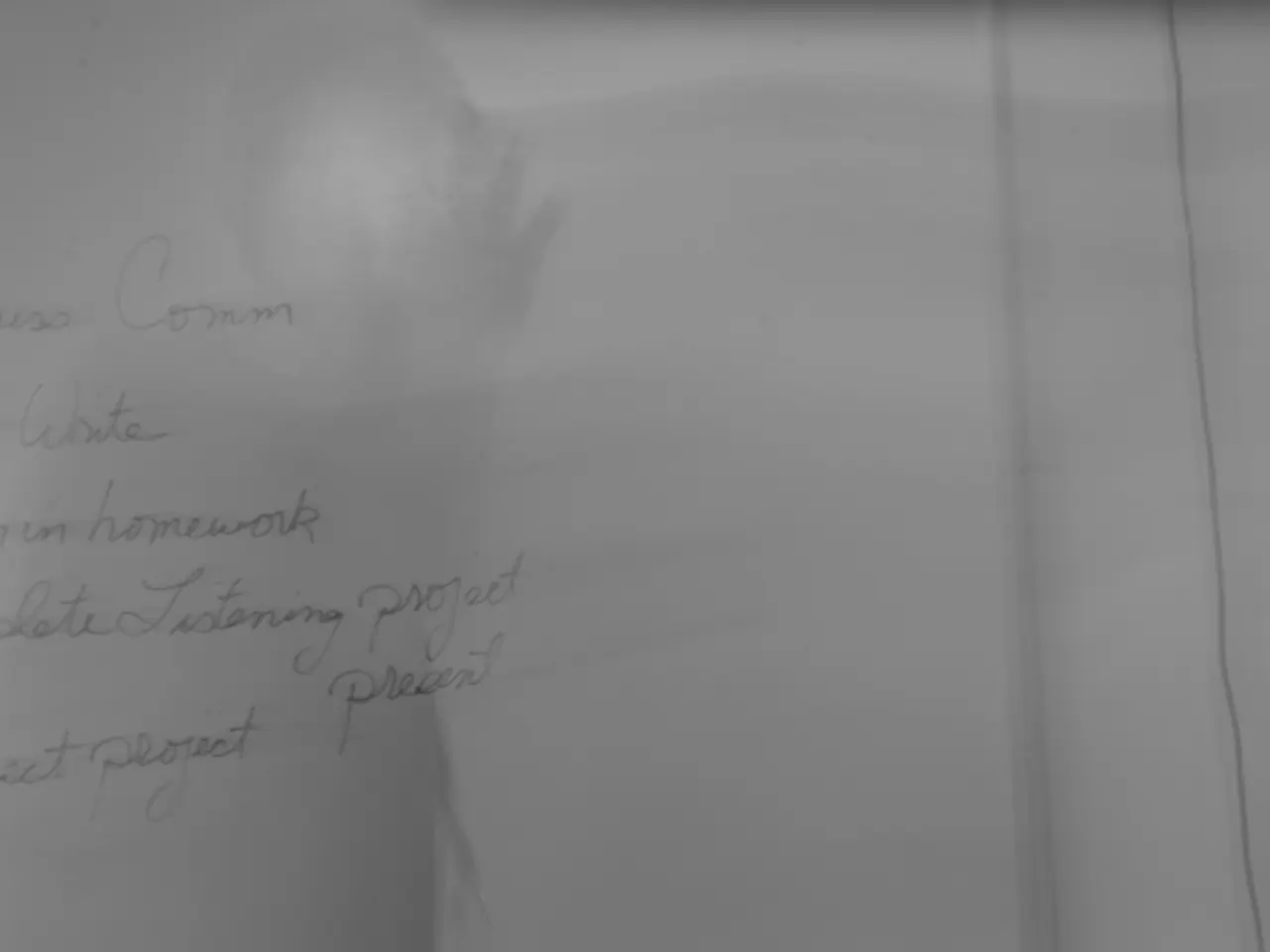Hendrik Wüst Puts the Squeeze on Federal Government Over Revenue Losses in Investment Program
Urgent request for financial restitution in investment venture - Pushing for Compensation in Investment Plan Advocacy: Wüst's Demand
Hey there! Let's dive into some political drama unfolding in North Rhine-Westphalia, shall we?
CDU's Hendrik Wüst, the state's Minister-President, is putting pressure on the federal government over revenue losses that states and municipalities will face due to planned federal tax reliefs. The buzzword here is "who orders, pays," a principle known as the "Konnexitätsprinzip," enshrined in the coalition agreement between the Union and the SPD. Wüst thinks it's high time to put this principle into action.
"We're not just floating along like the fat on the soup," Wüst said in Düsseldorf. He's requested full compensation from the federal government ahead of the meeting with Chancellor Friedrich Merz (CDU) on Wednesday. Wüst hinted that a 90% compensation could be possible if there's a reliable and lasting regulation.
All in good spirits, Wüst remains optimistic about progress during the meeting with Merz. But if an agreement is to be reached by the federal council meeting on July 11, the legislative project must move forward quickly. Otherwise, it'll end up in the conciliation committee.
Wüst praised the planned investment program of Federal Finance Minister Lars Klingbeil (SPD), stating that Germany needs growth. "We're in the third year of recession," he said. New growth impulses are needed to secure jobs.
The federal government intends to enhance tax depreciation options for companies making investments, gradually reducing the corporate tax rate to 10% by 2032. However, these revenue losses will be disproportionately borne by municipalities.
Wüst estimates that states and municipalities will have to bear around 30 billion euros of the total 50 billion euros less in tax revenue created by this law by 2029. Without compensation, the NRW state budget alone would be burdened with 3.7 billion euros by 2029, with an additional three billion euros in losses for municipalities. Yet, Wüst asserts that the investment package won't "completely throw the budgets of states and municipalities off balance" in the third year of recession.
Wüst has also called for swift action on the old debt solution and the federal government to present a bill to reduce municipal debts before the summer break. If the old debt problem isn't solved, many municipalities will struggle to invest.
Before the NRW municipal elections on September 14, Wüst emphasized the need for binding regulations. Despite NRW's challenging financial situation, they've already made billions available for debt reduction. Now, it's the federal government's turn.
"It will only work if we first break free from this crushing debt burden," said Wüst. He also warned the federal government: "Neither the investment fund nor the debt leeway for the states were ever agreed upon as a quid pro quo for the approval of the immediate program."
Municipal associations in NRW echoed Wüst's sentiments, urging the federal government to make amends for the tax losses. "Whoever decides on tax cuts must also bear the tax losses themselves," they stated. "The federal government's planned investment booster will be the first litmus test of how serious it is about the coalition agreement."
Indirect financing of the tax reform from the municipal funds for infrastructure and climate neutrality would be a breach of trust, warned the municipalities. Given their existing financial strain, real compensation for the municipalities is urgently needed.
So, there you have it! This is a hot political issue in North Rhine-Westphalia right now. Stay tuned for updates on these negotiations and compensation talks between Wüst and the federal government.
In light of Hendrik Wüst's requests for full compensation, the upcoming meeting with Chancellor Friedrich Merz on July 11 presents a crucial moment for resolving the revenue losses that states and municipalities, such as NRW, are facing due to federal tax reliefs. The municipal associations in NRW advocate for the federal government to bear the tax losses incurred by the planned investment program, rather than indirectly financing it from municipal funds, which they deem a breach of trust.




